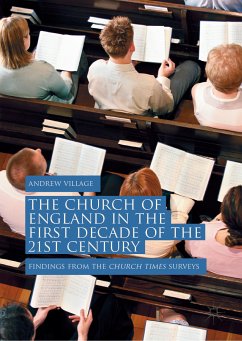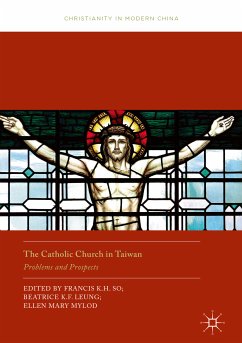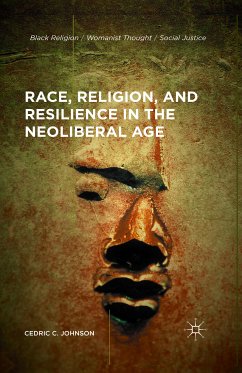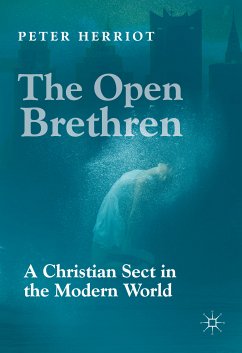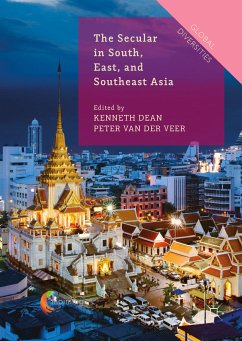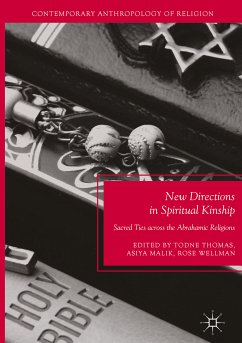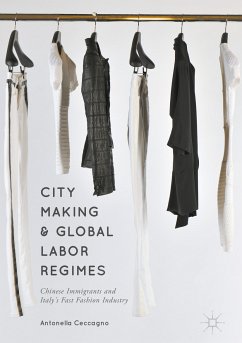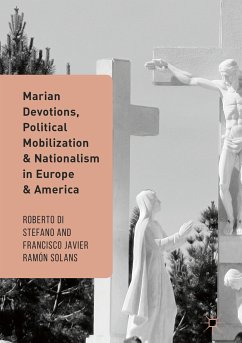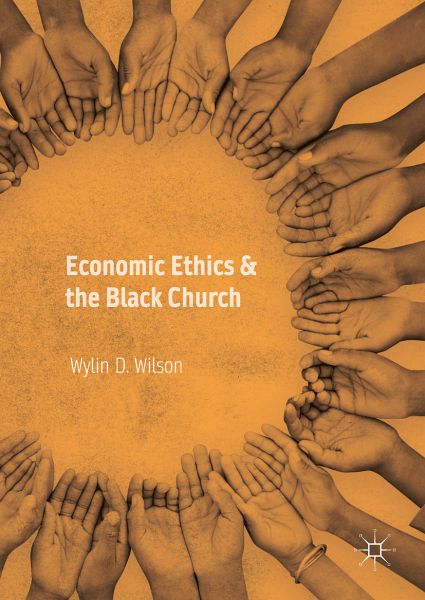
Economic Ethics & the Black Church (eBook, PDF)
Versandkostenfrei!
Sofort per Download lieferbar
88,95 €
inkl. MwSt.
Weitere Ausgaben:

PAYBACK Punkte
44 °P sammeln!
Presents a timely examination of economic ethics
Gives special attention to rural poverty and its examination of the Black Church's economic ethic, and its comparative theological analysis of predominant forms of theological engagement with economic justice
Allows readers to hear the voices of silenced communities
Dieser Download kann aus rechtlichen Gründen nur mit Rechnungsadresse in A, B, BG, CY, CZ, D, DK, EW, E, FIN, F, GR, HR, H, IRL, I, LT, L, LR, M, NL, PL, P, R, S, SLO, SK ausgeliefert werden.



